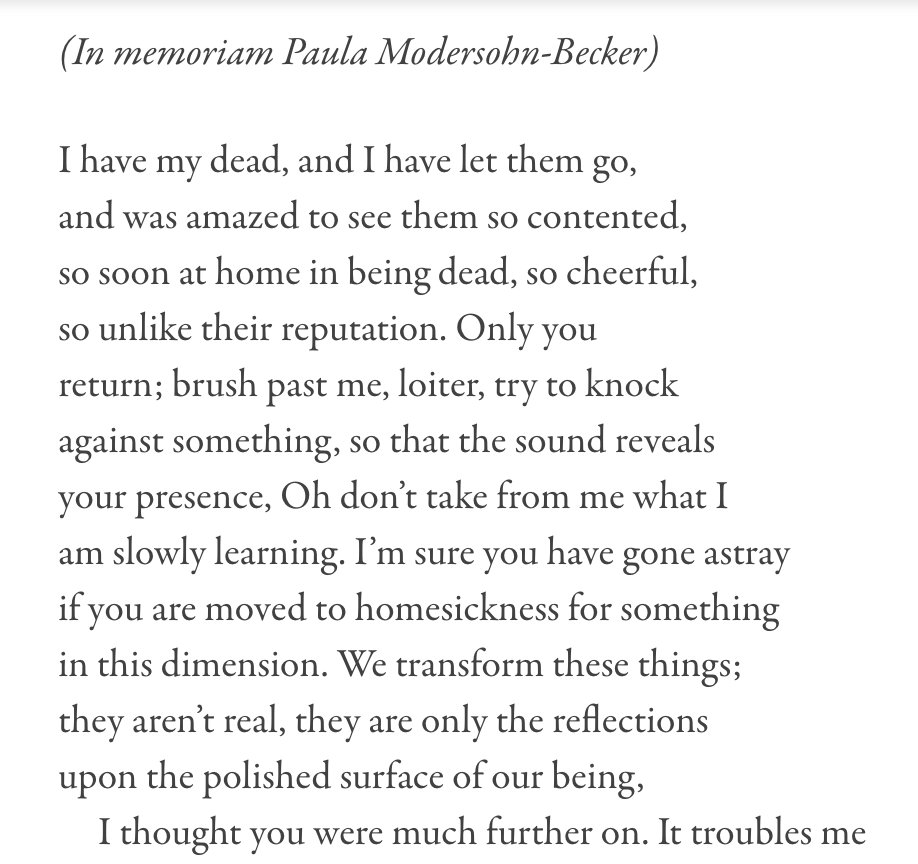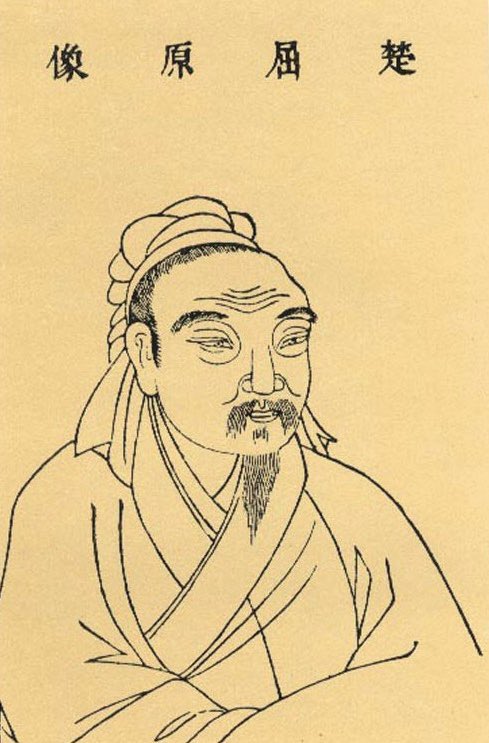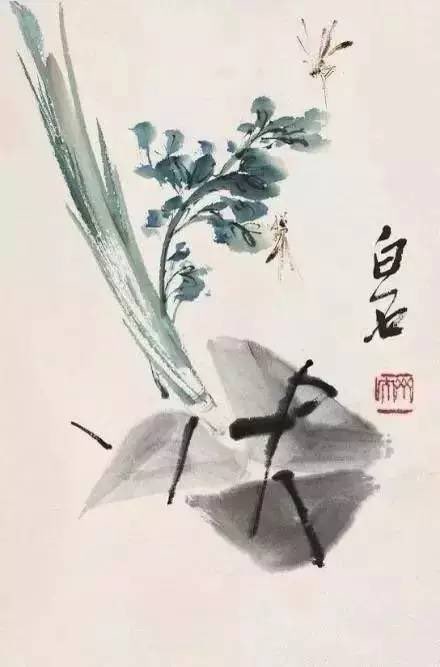
Mum Bett sued her master for her freedom & won in 1781. “Any time, any time while I was a slave, if 1 minute’s freedom had been offered me, & I had been told I must die at the end of that minute, I wld have taken it – just to stand 1 minute on God’s earth a free woman – I would.” 

Elizabeth Freeman (1744?-1829), born as “Mum Bett,” became the first African American woman to successfully file a lawsuit for freedom in the state of Massachusetts in the case known as Brom and Bett v. Ashley, which in turn led to a series of successful “freedom suits.” 

Refusing her former owner Ashley’s request to return to him as a paid servant, Freeman instead worked for pay in her attorney Sedgwick’s household, & was also a prominent healer, midwife, nurse.
After 20 years, Freeman bought her own house where she lived w her children.
@NMAAHC
After 20 years, Freeman bought her own house where she lived w her children.
@NMAAHC

Mum Bett: “just to stand one minute on God’s earth a free woman – I would.”
Elizabeth Freeman (1744?—1829.) Here is her gravestone and epitaph, written by Catherine Maria Sedgwick.
One of her descendants was W.E.B. Dubois.

Elizabeth Freeman (1744?—1829.) Here is her gravestone and epitaph, written by Catherine Maria Sedgwick.
One of her descendants was W.E.B. Dubois.


• • •
Missing some Tweet in this thread? You can try to
force a refresh

















